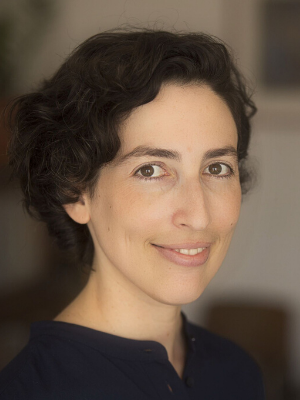 Bio
Bio
Ayala Levin is Assistant Professor in Department of Art History at Northwestern University. She received her PhD from Columbia University. Her research is concerned with north-south and south-south architectural knowledge exchange, with a focus on building and urban planning projects in post-independence African states. She is currently completing a monograph on the export of Israeli architectural and planning models to Sierra Leone, Nigeria, and Ethiopia in the 1960s-1970s, and co-editing the Aggregate Architectural History Collaborative book project Systems and the South.
Africa as an Urban Lab: Learning from Lagos/ Planning Abuja
In the late 1990s, Dutch architect Rem Koolhaas led a Harvard Graduate Design School Project on the City in Lagos, Nigeria. The Lagos studio, which resulted in a couple of documentaries and some textual records, has famously argued that Lagos’s informal sectors are forms of self-organization that defy formal planning. This form of “research studio” wherein the city functions like an architectural object of study originated with Robert Venturi and Denise Scott Brown’s Yale Studio Learning from Las Vegas (1968/1972), which, in turn, was heavily influenced by anthropological studies of the urban environment in the US and South Africa. While such “urban labs” have since proliferated and become common practice in design studios, little theoretical consideration has been given to the relationship these constitute between the “lab” and the “field” In architectural knowledge production. Seeking to shed a new historical light on the extractive relationships between academic institutions in the US and the built environment in Africa, this paper maps the lab and the field onto north-south relationships of architectural knowledge production in order to challenge perceived hierarchies of disciplinary authority. It will do so by comparing the Lagos studio with the planning of Nigeria’s new capital Abuja in the late 1970s by the American firm Wallace, McHarg, Roberts and Todd, and will highlight the involvement of local academics in this massive international planning endeavor.
